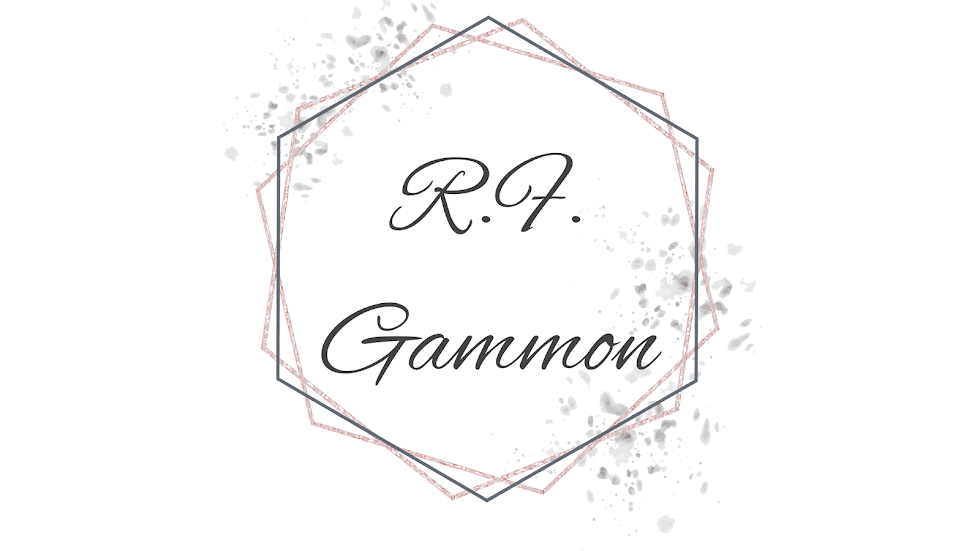Spreading Hope
by
R.F. Gammon
- November 30, 2018
A couple days ago, I was making muffins in the kitchen, and happened to glance at the back of the box. Under the required instruction was another serving suggestion: "For a delicious treat, add x amount of coconut." My knee-jerk reaction was to laugh at this--aren't muffins already a delicious treat? Someone didn't phrase that right.
But then I stopped, and I looked at it again.
And it hit me: I don't want to be the cynic.
At my workplace, I am hands-down the optimist, which is weird because I'm also a grouchy, angsty, whiny complainer who can grouse just as loudly as anyone else in there. But while my coworkers tend to be all grumpy all the time, I can usually find a bright side to things. At home, though, that attitude vanishes from me, and I'm left with only my cynicism.
Sometimes, I'm okay with that. I like to laugh, and I like to be sarcastic, and I like to be angsty. But there's too much about life that's beautiful to do that too much. God made his world full of beauty and truth and hope.
Our world is full of darkness. Bombs go off, women die in childbirth, wars are fought, kids are stolen off the street, people verbally rip each other to shreds...and that barely scratches the surface of everything that's wrong with Planet Earth. It would be so easy to be cynical, to let the darkness around us overcome us just like everyone else in the world. But we're called to something else.
"You are the light of the world," Jesus says. "A city on a hill cannot be hidden."
And that's you. That's me. That's all of us who are His. We are the light of the world! We're called to shine our lanterns into the dark. We don't take our candle and put it under a basket--what would be the purpose of that? No, we hold the light up high and let everyone see it.
I strive to take this attitude in my writing and have for years. My books may be very, very dark. They may feature real horror situations within my alternate history and dystopia. The fantasy may contain torture and death. The protagonists mess up and make mistakes that affect everyone around them; my stories are full of real PTSD and depression.
But we are also called to light. And hope.
And so I always want to leave my readers with a sense that no matter how great the darkness, the light will overcome. The darkness of my stories is great--because my hope is that you will see as a result the still greater light. In my Pentegreen series, Esma endures hardship that makes me cry as I write it. But that's why, in the end (*spoiler alert*), she will triumph. I will never write a story with a tragic ending. You might see me kill off half my characters--my protagonist isn't usually immune to this, although I've never killed one of them (at least so far). But there will be victory over the darkness.
That's why I write big, epic, sprawling stories--because the greater the scope, the greater the stakes, and the more hope and victory there is in the end. These are the stories I strive to give the world, and it's the kind of story I want my life to write.
God calls me to be his light. And even though with man it may be impossible for me to show only hope and not succumb to darkness, with God, all things are possible.
I'm going to seek to live a life of hope and light. Will you join me, friends?





